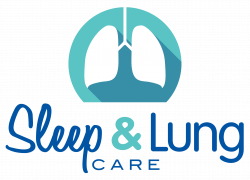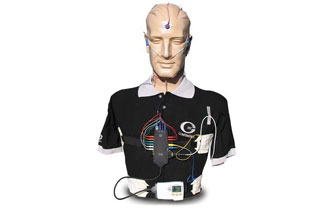What is a sleep study?
A sleep study is a test that measures how well you sleep and checks for sleep problems. For some sleep studies, you stay overnight in a sleep lab at a hospital or sleep centre.
In other cases, your doctor can give you a portable sleep monitor to use at home, so you don’t have to spend the night in the sleep lab. But you should use a portable monitor only if:
- Your doctor thinks you have a condition that makes you stop breathing for short periods while you are asleep, called “sleep apnoea.”
- You do not have other serious medical problems, such as heart disease or lung disease.
What happens during a sleep study?
Before you go to sleep, a technician attaches small, sticky patches called “electrodes” to your head, chest, and legs. He or she will also place a small tube beneath your nose and might wrap 1 or 2 belts around your chest.
Each of these items has wires that connect to monitors. The monitors record your movement, brain activity, breathing, and other body functions while you sleep.
If you have a history of trouble falling asleep, your doctor might prescribe a medicine to help you fall asleep in the lab. If you have never taken the medicine before, your doctor might ask you take it on a night before your sleep study to see how it affects you.
Why might my doctor order a sleep study?
Your doctor will order a sleep study if he or she thinks you have sleep apnoea or a different condition. Examples of other sleep-related conditions include those that make you:
- Have an uncomfortable feeling in your legs when you try to fall asleep, or sudden jerking leg movements while you sleep
- Feel very sleepy during the day and fall asleep suddenly
- Do odd things while you sleep, such as moving your arms and legs, shouting, or walking
How should I prepare for a sleep study?
On the day of your sleep study, you should:
- Avoid alcohol
- Avoid drinking coffee, tea, sodas, and other drinks that have caffeine in the afternoon and evening
- Take all your regular medicines, unless your doctor tells you not to

